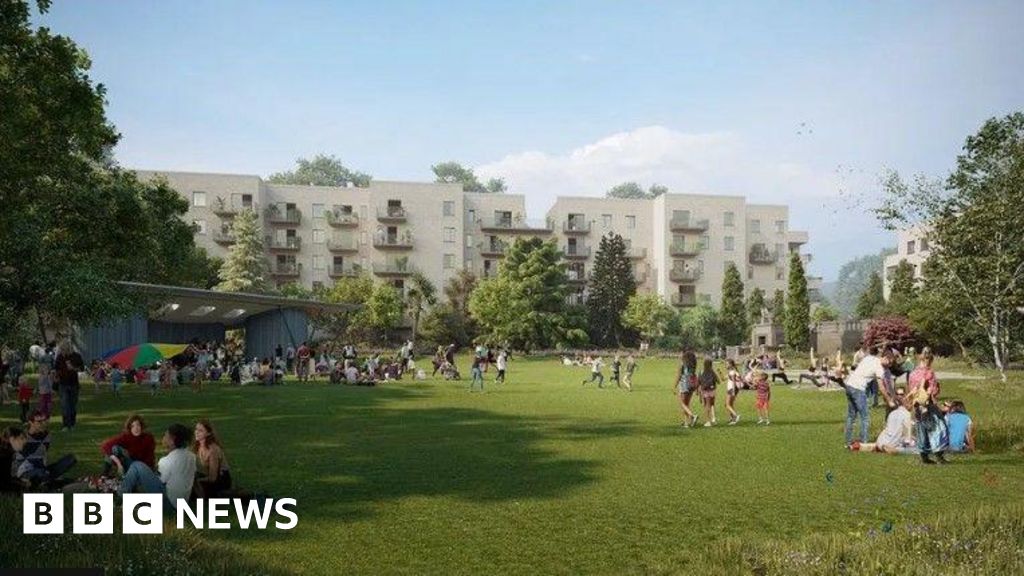Plans to develop 196 new homes on the site of a former zoo have hit a roadblock as opposition from campaigners has led to a judicial review of Bristol City Council’s decision to approve the scheme. The proposed development, located at the former Bristol Zoo Gardens site, was set to provide much-needed housing for the city, with 20% of the homes designated as affordable. In addition to the residential units, the plans included a new public park, a café, playground, and conservation hub, all aimed at revitalizing the area and making it more accessible to the public.
However, the proposal has faced backlash from groups like Save Bristol Zoo Gardens, who launched a petition against the development in 2022. The campaign garnered over 10,000 signatures, reflecting the community’s concerns about the impact of the project on the site’s natural environment. One of the key issues raised by opponents is the removal of trees on the site, with approximately 80 out of 218 trees slated for removal. In response, the Bristol Zoological Society, which owns the site, has assured that 44 of the trees will be replanted, and an additional 470 new trees will be planted to mitigate the loss.
Both the Bristol City Council and the Bristol Zoological Society have sought independent legal advice to address the challenges posed by the opposition. The society remains confident in its plans, emphasizing the importance of the development in addressing the city’s housing needs. It has also taken measures to protect the site’s most significant trees, such as the iconic monkey puzzle tree, by implementing tree protection orders and designing the buildings to safeguard tree roots.
The ongoing debate surrounding the proposed development highlights the complex balance between urban growth and environmental conservation. While the need for housing in Bristol is undeniable, it is essential to consider the long-term impact of development on the city’s green spaces and biodiversity. The outcome of the judicial review will be crucial in determining the fate of the project and whether it can proceed as planned.
In conclusion, the proposal for 196 new homes at the former Bristol Zoo Gardens site represents a significant opportunity for urban renewal and housing provision in the city. However, the project’s future remains uncertain as it faces legal challenges and public opposition. As stakeholders continue to engage in dialogue and debate, finding a balance between development and conservation will be key to shaping the future of this historic site.

